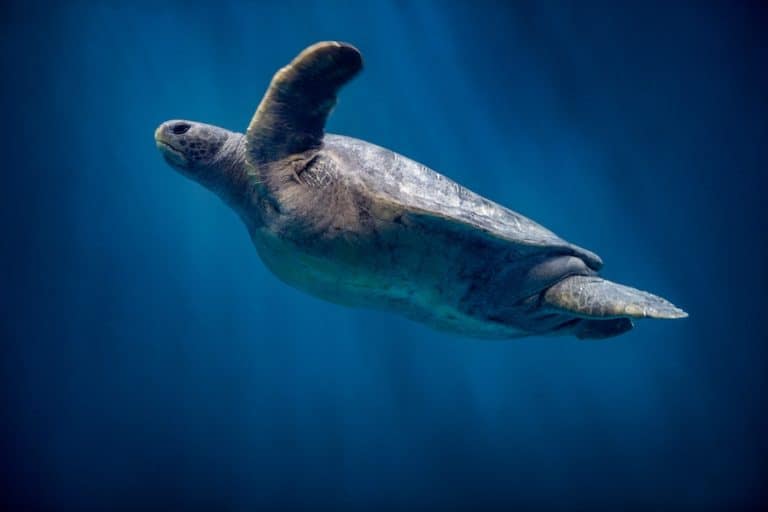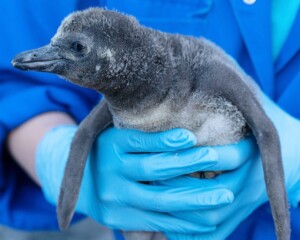AZA, the Association of Zoos and Aquariums, alongside the U.S. Fish and Wildlife Service, has announced the launch of Endangered Species COVID-19 Relief, funded by the American Rescue Plan. This will give a much-needed boost to the many zoos and aquariums that lost revenue during the pandemic.
The call for proposals will reimburse facilities that experienced revenue losses of 24% or more as a result of COVID-19, in order to cover the costs of their work with endangered species.
The impact of COVID
While regional and national lockdowns and capacity restrictions were in place during the pandemic, many zoos and aquariums were forced to reduce visitor numbers, or close completely. In May 2020, 94 percent of AZA’s membership was closed to the public. These institutions still provided quality care of the animals at their sites and worked to continue their efforts in the rescue and recovery of vulnerable species, despite the dramatic drop in revenue.
In recognition of this work, Congress is appropriating $30 million to reimburse expenses related to the care of captive species listed under the Endangered Species Act (ESA), as well as rescued and confiscated wildlife that are at risk of extinction. This funding was provided by the Service to AZA to execute this program, consistent with direction from Congress.
While AZA will be responsible for the overall administration, eligible facilities do not have to be AZA-accredited or certified in order to receive Endangered Species COVID-19 Relief animal care reimbursements.
Recognising the essential work of zoos and aquariums
“For decades, zoos, aquariums, science centers and other facilities have been working with federal, state and Tribal wildlife officials to care for and house endangered species, often at the direct request of the federal government and at the expense of the facility,” says Dan Ashe, President and CEO of AZA.
“This funding recognizes the essential work that zoos and aquariums do in partnership with the federal government to help save species. The reimbursements will provide relief to those who experienced significant losses but maintained their commitment to some of the planet’s most endangered plants and animals. We are grateful to Congress and the Biden Administration for providing this crucial financial assistance.”
“The U.S. Fish and Wildlife Service works with plant and animal care facilities to conserve, protect and restore threatened and endangered species,” adds Martha Williams, Principal Deputy Director of the Service.
“The American Rescue Plan provides critical financial support to zoos, aquariums and other institutions that were severely impacted by COVID-19. By working with AZA to distribute these funds, we hope to provide some much-needed financial relief to those who help care for imperiled species.”
Eligible zoos and aquariums can apply for reimbursements up to $1 million, with the applicable time period being March 2020 – May 2021. Expenses can include food, veterinary care and medicine, direct animal care staff time and life support systems as well as transport for medical, reintroduction into the wild, and captive breeding purposes. They can also include real property debt and holding space improvements/modifications, and utilities essential for the care of species.
An upcoming AZA webinar will explain the process in more detail. For further information, please click here.
Earlier this year, AZA announced a new partnership with the Wildlife Trafficking Alliance (WTA) and Rauch Industries, makers of Christopher Radko ornaments, which will support global efforts to end the trafficking of tigers.
Top image, green sea turtle at Monterey Bay Aquarium














